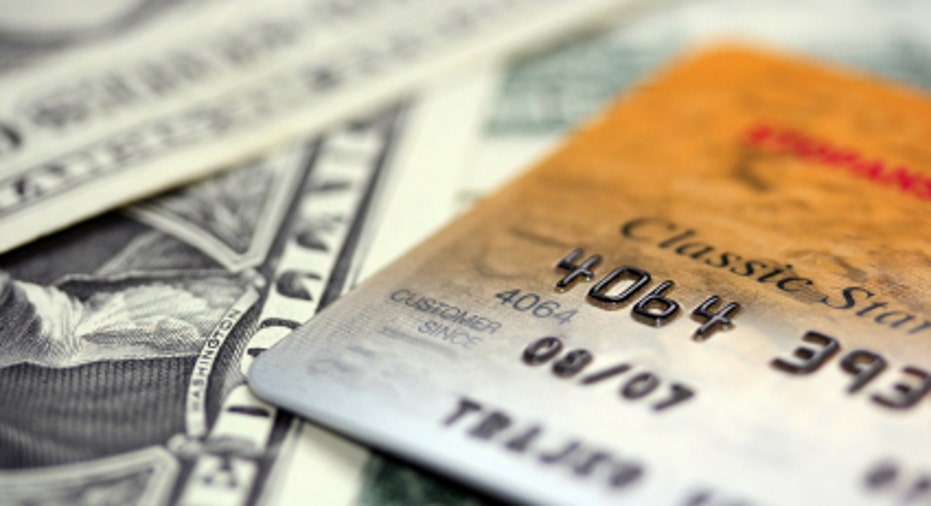Don't Make Business Credit Card Personal

Dear Credit Card Adviser, I recently applied and was approved for a business credit card. I used my name as the name of the business and my Social Security number as the employer identification number, and I classified myself as a sole proprietor.
Other than the credit inquiry to open the account, do business credit cards show up on personal credit reports? While I understand I'm liable for the charges, is it possible for me to bury my spending on my business card to keep my personal credit report free and clear and create a nice, healthy credit history for lenders to see? -- Nick
Dear Nick, Unfortunately, you've basically signed a personal guarantee on the small-business credit card, and your personal credit could be at stake. Because the card was given to you based on your individual credit history and credit score, the issuer most likely will report the card's performance to your personal credit files. But what issuers report varies by company.
Some issuers may report all information to your personal credit files. Others may only report negative information from small-business credit cards and ignore the positive payment history. That means if you only use your small-business credit card -- and you use it responsibly -- none of that good performance is recorded on your credit report and can't help your credit score.
For example, JPMorgan Chase & Co. reports delinquencies that are 60 days past due on small-business credit cards to the consumer's personal credit report. Otherwise, Chase reports to the commercial bureau to help the business build its credit profile, according to company spokeswoman Laura Rossi.
The second major factor to consider is consumer protections. The Credit Card Accountability, Responsibility and Disclosure Act of 2009 banned many egregious practices such as retroactive interest rate increases, double-cycle billing and unreasonable fees, but small-business credit cards aren't covered under those protections.
That means if you're 30 days behind on a payment on your small-business credit card in the first year, your issuer can charge you a late fee of more than $25, charge you more than one fee for the late payment, raise your interest rate on new and existing charges without warning, and maintain that penalty rate for as long as the issuer likes. All that can't happen with a consumer credit card, thanks to the Credit CARD Act. So, if you put all your business and personal spending on the small-business card and have trouble making payments, you are opening yourself up to a world of fees and high rates.
Small-business credit cards work well for an established business with a healthy, dependable monthly revenue stream. They can help separate business expenses from personal spending. Some small-business credit cards also come with useful rewards programs that award points for purchases of office supplies and business travel as well as phone, computer and Internet services.
But, like a consumer credit card, it's important for your business to be able to pay the entire credit card bill in full every month to avoid accruing more interest debt. This can be tough for new business owners who must balance their optimism with reality. I hope this helps.
Bankrate's content, including the guidance of its advice-and-expert columns and this website, is intended only to assist you with financial decisions. The content is broad in scope and does not consider your personal financial situation. Bankrate recommends that you seek the advice of advisers who are fully aware of your individual circumstances before making any final decisions or implementing any financial strategy. Please remember that your use of this website is governed by Bankrate's Terms of Use.



















